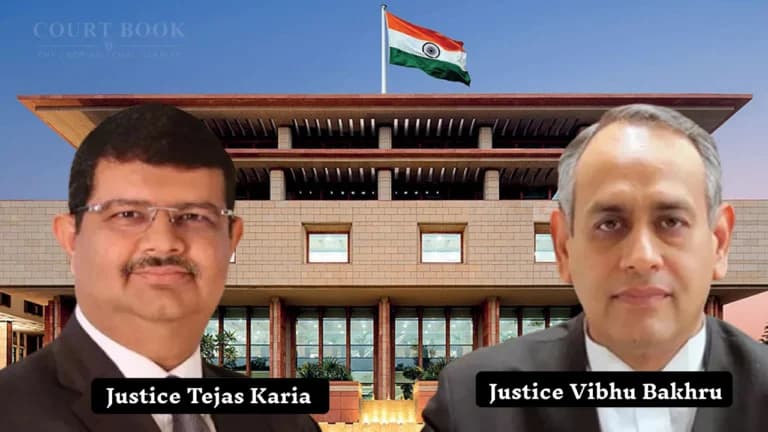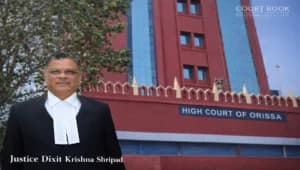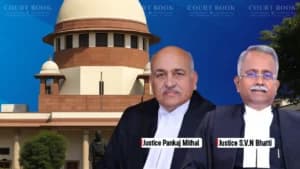The Delhi High Court has ruled that reassessment notices under the Income Tax Act cannot be issued solely based on generalized information received from the Investigation Wing of the Income Tax Department. The Court held that the Assessing Officer (AO) must possess specific, tangible material that establishes a clear connection to the assessee before reopening a concluded assessment.
The ruling came in the case of Sanjay Kaul v. The Income Tax Officer Ward 24(4), New Delhi & Ors. (W.P.(C) 11198/2019), where the petitioner, Sanjay Kaul, had challenged a reassessment notice for the Assessment Year (AY) 2014-15. The notice was issued under Section 148 of the Income Tax Act, based on information from the IT Department’s Investigation Wing regarding suspicious trading in penny stock companies—namely Indian Infotech & Software Ltd. (IISL) and SRK Industries Ltd.
The Court, comprising Justices Vibhu Bakhru and Tejas Karia, set aside the notice, highlighting that the AO’s belief of escaped income was based on suspicion rather than substantiated evidence.
“It is clear from the information received from the Investigation Wing… that the same was general in nature and did not point towards the involvement of the Petitioner in the arrangement of providing accommodation entry by contriving bogus short term capital loss,” the bench observed.
Read Also:- Delhi HC Allows Rajpal Yadav to Travel to Australia for Film Promotion Amid Legal Proceedings
The AO had relied on statements made by Mr. Anil Kedia, director of a broking firm accused of facilitating bogus trading, and concluded that the petitioner’s trading activity in IISL and SRK stocks indicated an attempt to claim fraudulent short term capital loss to evade taxes. However, the Court noted that no direct evidence linked Mr. Kaul to the alleged manipulations or to Mr. Kedia.
“Mere purchasing and selling of the shares by the Petitioner would not in itself lead to the conclusion that the transactions were fraudulently contrived to secure accommodation entries for evading tax liability,” the Court clarified.
Read Also:- New Sewer Line Across AIIMS Approved by Delhi HC to Fix Chronic Flooding in Green Park
Sanjay Kaul had declared an income of ₹7.86 crore in AY 2014-15 and had duly paid taxes. His return was earlier scrutinized under Section 143(3), and the income was accepted. The reassessment notice came nearly three years later, triggered by reports from the Directorate of Investigation in Patna and Kolkata.
The Court emphasized the legal precedent set by the Supreme Court in ITO v. Lakhmani Mewal Das (1976), which held that “reason to believe” must have a live and rational link to the belief of income escaping assessment—it cannot be mere suspicion.
Read Also:- Delhi HC Seeks Response on Plea Against High CLAT-PG Counselling Fee, Refuses Interim Relief
“The words of the statute are ‘reason to believe’ and not ‘reason to suspect’… it is not any and every material, howsoever vague, that would warrant reopening,” the Court reminded.
Reiterating its view in CNB Finwiz Ltd. v. DCIT (2025), the Court concluded that absent any specific evidence linking the petitioner to the alleged tax evasion, the reassessment lacked legal standing.
Accordingly, the High Court quashed the reassessment proceedings and allowed the writ petition in favor of the petitioner.
Quotes Highlighted in Judgment:
"The AO’s reasons to believe that income has escaped assessment must be based on tangible material that has a direct nexus with the belief so formed."
"The reason to believe cannot be conflated with reason to suspect."
"Concluded and closed assessments cannot be reopened merely on suspicion."
Case title: Sanjay Kaul v. The Income Tax Officer Ward 24 (4), New Delhi & Ors.
Case no.: W.P.(C) 11198/2019















